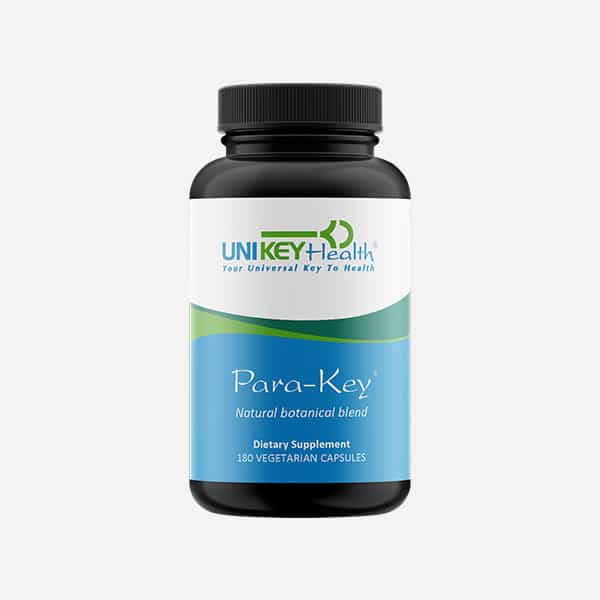It’s summertime and if you’re like me, you’re ready to pack your bags and head out for a much needed vacation—an adventure to some exotic location—beautiful weather, sunshine, a change of scenery with maybe a palm tree or two.
But, what you’re probably not expecting is the possibility of an unexpected souvenir that can leave you with a spoiled trip and an ensuing health problem that stays with you long after the memories of your vacation have faded away.
I have counseled hundreds of people who have never been “quite right” after a vacation to an exotic locale, the islands, the mountains, or a camp out.
All you need is a small dose of enlightened planning, and with another dose of practical understanding you’ll literally be good-to-go.
You just have to be prepared—more so now than ever before—to protect and defend yourself against toxic invaders.
So here are my top strategies for safe and healthy travel whether abroad, in the states or in your own backyard:
1. Never leave home without “Chardust.”
And, also pack your digestive enzymes, HCl and probiotics. While these are self-explanatory, the activated charcoal may not be as familiar to you. Open up an activated charcoal capsule and sprinkle on foods that are raw, undercooked or otherwise questionable. Or, simply take a capsule with meals containing these foods. Charcoal is a wonderful all-around absorber of toxins and contaminants. If you get sick, start with 4 capsules at the first sign of symptoms.
2. Skip the salad bar.
Especially when you’re traveling in a relatively undeveloped country, don’t eat fruit and vegetables that are not extremely well cooked. Don’t touch raw salads, no matter how well washed. Serve-yourself salad and food bars, in any country, are just colorful buffets of bacteria where the food sits out for hours. The extra precautions most places are taking these days (like plexiglass and extra sanitizer) may limit germs you pick up from other diners, but don’t lessen the chance of parasites, bacteria or other bugs in the food!
3. Avoid sushi.
Never, I repeat never, eat raw or undercooked fish or meat when traveling abroad or in areas where the food is likely to be contaminated. No matter how reliable the source seems to be, it is often seething with pathogens and parasites that can infect your digestive tract.
4. Play it safe with salsa.
Preparation and handling are key when it comes to “safe” salsa. Look for salsa that’s been cooked instead of made from raw ingredients. It should also be kept at the proper temperature on ice. Leaving food out too long at room temperature can cause nasty bacteria like Staph, Salmonella and E. coli to grow to dangerous levels. If the temperature is above 90 degrees, food should not be left out more than one hour. If you are traveling with cold food, bring a cooler full of ice or frozen gel packs, and if you’re cooking, use a hot campfire or portable stove.
5. Drink with caution.
Just be sure to fill your bottle with pure, filtered water. Even public water supplies can contain parasites like giardia as well as unwanted toxins. Never drink from brooks, lakes, ponds, reservoirs, or streams, no matter how pristine or remote they may seem. Pack a portable travel filter whenever possible. Bottled water may be easiest to grab on-the-go, but it’s not always your best bet. According to a four-year review by the Natural Resources Defense Council, an estimated 25% or more bottled water brands are merely tap water in a bottle (sometimes with further treatment, sometimes without).
6. Go easy on the ice.
A study at the University of Georgia found that over 25% of packaged ice from convenience stores, fast food restaurants, gas stations and vending machines were contaminated with coliforms, E. coli, mold, or “slime” and did not meet EPA drinking water standards.
7. Don’t go barefoot.
Found worldwide in the soil of warm, moist tropical areas, hookworm larvae enter the body by penetrating the skin, most often through the foot, before traveling through the bloodstream, into the respiratory system to the throat where they are digested and attach themselves to the intestines. One case in particular that comes to mind is that of a young man who experienced severe mental instability after a trip to Africa. Twenty to thirty stool samples later, it was confirmed that hookworm (contracted while barefoot) was the cause!
8. Hone-in on Homeopathy and Herbal Remedies for a Homemade First Aid Kit.
Because it works with your body’s immune system, homeopathy is a very safe medicine for all ages and stages of life. Keep these basic homeopathic remedies on hand all summer long (look for a 200c potency preparation):
- Apis for insect stings—particularly from bees
- Arnica for bruises, muscle sprains and strains, or swelling (just don’t use it on cuts)
- Calendula for minors cuts, burns, and irritated skin
- Rhus tox to soothe skin rashes, especially poison ivy
And, these herbal parasite formulas travel with me wherever I go:
- Para-Key to help naturally eliminate unwanted microorganisms from the GI tract*
- Verma-Plus containing herbs used for centuries to expel “uninvited guests” and help the body rid itself of parasites naturally*

Para-Key
Once you’re on home turf and find your GI tract may need a little tune-up, you can always do a round of cleansing with the Para-Key and Verma-Plus. For any lingering issues, you can test with our Expanded GI Panel for a full analysis of what’s lurking in your gut.
Here’s wishing you a super summer filled with happy memories and good health!







These are very helpful ideas. I never would have thought about problems in these areas. I’m going to get some of that Verma-Plus to take as insurance.
Love your idea to carry homeopathics as first aid. Great suggestions!
I always go on beach vacations. I hope it’s OK to go barefoot on the sand. The sand gets pretty hot and I assume that would kill anything bad.
Good to know about the benefits of charcoal. I’m going to start taking it with me on trips.